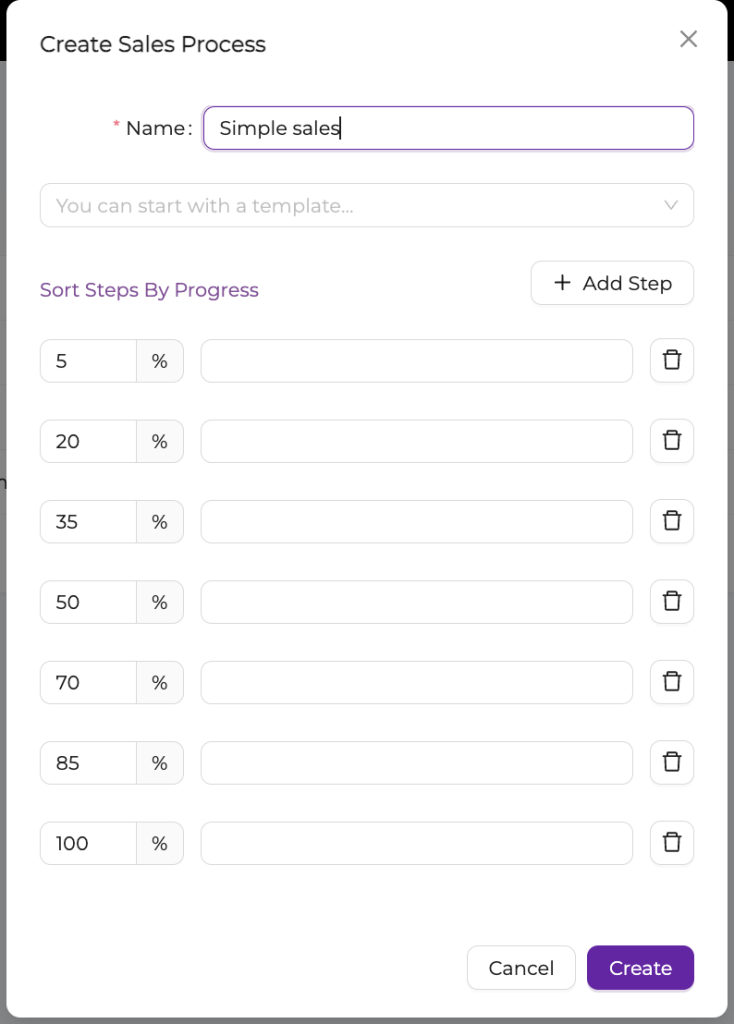In today’s fast-paced professional environment, many working individuals grapple with overstimulation and diminished concentration. The constant barrage of emails, meetings, and digital notifications can fragment attention, leading to decreased productivity and increased stress. Understanding the roots of these challenges and exploring practical solutions is essential for professionals aiming to maintain focus and efficiency.
Understanding the Challenge
Cal Newport, a professor of computer science at Georgetown University, delves into the intricacies of attention and productivity in his work. Newport is famous for introducing the concept of “deep work,” which refers to the ability to focus without distraction on cognitively demanding tasks. Newport contrasts this with “shallow work,” which includes tasks that are non-cognitively demanding and often performed while distracted. He argues that the modern work environment, with its emphasis on constant connectivity, often prioritizes shallow work, thereby undermining the capacity for deep, meaningful engagement.
One of the key issues Newport highlights is the “hyperactive hive mind,” a term he uses to describe the unstructured and constant flow of communication prevalent in many workplaces. This environment can lead to attention residue, where the mind struggles to transition between tasks, resulting in reduced efficiency and increased mental fatigue.
Implications for Sales Professionals
Sales professionals, in particular, face unique challenges in this context. Their roles often require juggling multiple client interactions, tracking leads, and managing follow-ups, all while maintaining a high level of responsiveness. The tools and systems they use can either exacerbate or alleviate the cognitive load associated with these tasks.
Traditional Customer Relationship Management (CRM) systems, while comprehensive, can sometimes be cumbersome, requiring numerous steps to complete simple actions. This complexity can contribute to cognitive overload, reducing the time and mental energy available for strategic thinking and client engagement.
Evolved Metrics CRM. A sales maker’s CRM.
Addressing the need for simplicity and efficiency, Evolved Metrics CRM offers a solution designed with the user’s cognitive load in mind. The platform emphasizes a user-friendly interface, allowing professionals to perform essential tasks in three clicks or fewer. This design philosophy aims to minimize unnecessary complexity, enabling users to focus more on meaningful interactions and less on navigating the system.
Key features of Evolved Metrics CRM include:
- Simplicity: The platform is intuitive, allowing for quick adoption and minimal training.
- Flexibility: As businesses grow, the CRM adapts, supporting scalability without adding complexity.
- Customization: Users can tailor the system to align with their unique workflows and priorities.

By reducing the steps required to perform routine tasks, Evolved Metrics CRM helps sales professionals maintain their focus on high-value activities, aligning with Newport’s advocacy for deep work. For example, with Evolved Metrics CRM, sales teams can easily create a edit sales processes and process-activated automation to automatically schedule followup tasks, meetings, and reminders with one click. No changing apps, no writing things down, no shifting screens. It’s build to be simple and to let sales people concentrate.
Strategies for Enhancing Focus
Beyond adopting streamlined tools, professionals can implement several strategies to combat overstimulation:
- Time Blocking: Allocating specific time slots for different tasks can help in maintaining focus and reducing the temptation to multitask.
- Digital Minimalism: Limiting the use of digital tools to those that are essential can reduce distractions.
- Scheduled Communication: Setting designated times for checking and responding to emails can prevent constant interruptions.
- Mindfulness Practices: Incorporating short mindfulness exercises into the daily routine can enhance attention and reduce stress.
The challenges of overstimulation and poor concentration are significant in the modern workplace, but they are not insurmountable. By understanding the factors that contribute to these issues and adopting both strategic tools like Evolved Metrics CRM and supplementing with a personal productivity practice, professionals can reclaim their focus and enhance their performance. Emphasizing simplicity and intentionality in both tools and habits can pave the way for a more productive and less stressful work experience.
It’s time we talk about sales professionals as makers rather than process managers. Organizations should treat their sales teams more like software development teams: do more to protect their time and concentration abilities by making the tools they use simpler and focused on the work rather than distracting side tasks. That’s how sales teams can reach their full potential.

